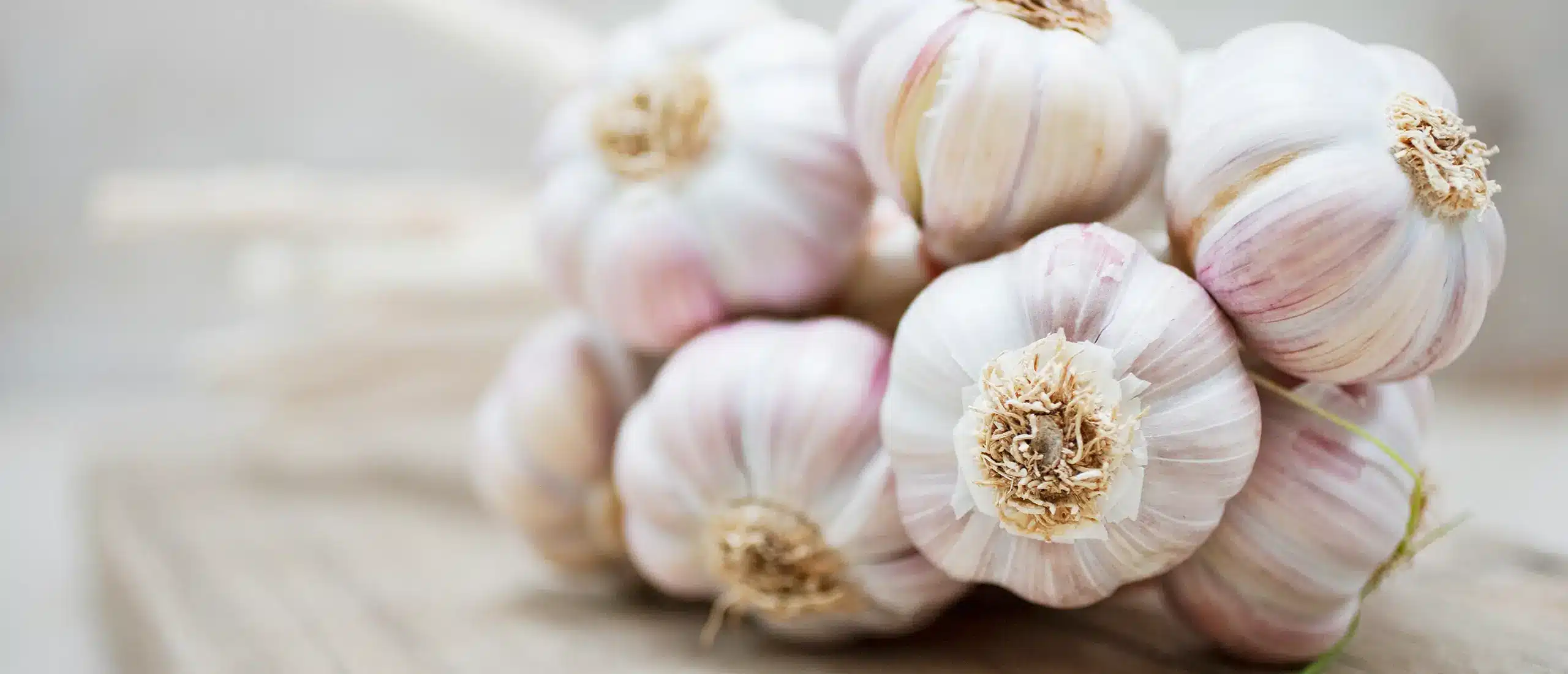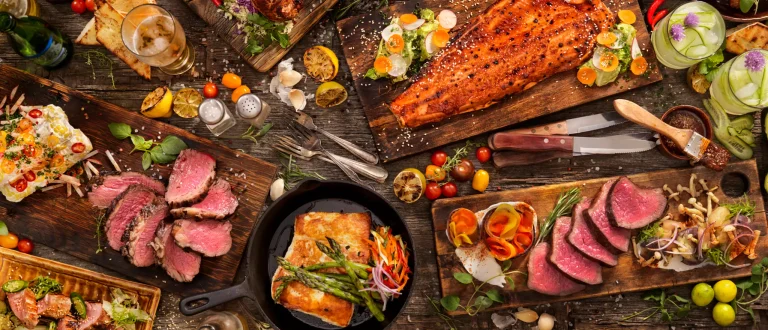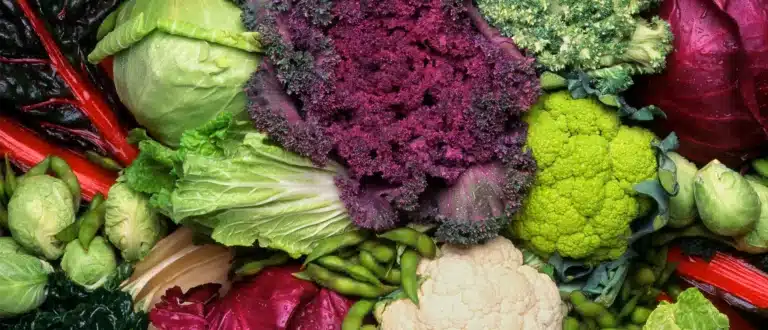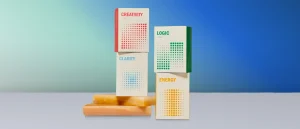
You’re Not Getting Any Health Benefits From Garlic Unless You Do This One Thing
In celebrity trainer, Don Saladino’s latest Instagram post, Gabrielle Lyon, DO praises the immune-boosting powers of garlic. But if you’ve been scarfing down garlic expecting immunity, Lyon warns if you aren’t preparing it right you’re likely missing out.
Here’s what you need to know about how to eat garlic and the many benefits you can expect from eating it right.
How to Eat Garlic for Benefits
Most of garlic’s health benefits come from sulfur compounds, specifically allicin, which touts antimicrobial potential thanks to its antibacterial and antifungal abilities (1).
Allicin is formed when a garlic clove is chopped, crushed, or chewed. But, Lyon claims if you cook garlic right after cutting it, you’re losing out on all the benefits. One study found once it’s chopped allicin can be unstable and rapidly decrease in potency (2).
How to protect it? Lyon suggests waiting 10 minutes after chopping garlic before cooking. But research on this is dated and not fully clear (3).
What is clear: cooking garlic can reduce benefits. One recent study found that boiled (16 percent) and roasted (30 percent) garlic had significantly reduced allicin content in comparison to raw garlic (4). Opting for raw garlic may help maximize its nutritional payoff.
The Health Benefits of Garlic
The latest research on garlic’s immunological properties is promising. According to some studies, it could help fight inflammation, reduce cholesterol, and protect against chronic disease (5). Another review found that garlic might increase sperm production and increase testosterone (6).
New research on glutathione may shed light on the role garlic can play in keeping you healthy. Glutathione is a powerful antioxidant that is your body’s first line of defense against oxidative stress. Studies have shown that eating sulfur-rich vegetables like garlic can boost your glutathione levels (7).
How Much Should You Eat?
There’s no official dosage for garlic, but Lyon recommends starting simple by adding garlic to one meal a week. Most studies have found that eating even more garlic (around one to two cloves per day) could be beneficial (5).
However, before you make a beeline for the kitchen and whip up a garlic confit, you should know that garlic is known to prevent the formation of blood clots. If you have a bleeding disorder or are taking blood-thinning medications, talk to your doctor before loading up.
References
1. Salehi, B. et al (2019). Allicin and health: A comprehensive review. https://www.sciencedirect.com/science/article/abs/pii/S0924224418307398
2. Nakamoto, M. et al (2019). Antimicrobial properties of hydrophobic compounds in garlic: Allicin, vinyldithiin, ajoene and diallyl polysulfides. https://www.spandidos-publications.com/10.3892/etm.2019.8388?text=fulltext#b9-etm-0-0-8388
3. Song, K. et al (2001). The influence of heating on the anticancer properties of garlic. https://pubmed.ncbi.nlm.nih.gov/11238815/
4. Lawson, L. et al (2018). Allicin Bioavailability and Bioequivalence from Garlic Supplements and Garlic Foods. https://www.mdpi.com/2072-6643/10/7/812
5. Ansary, J. et al (2020). Potential Health Benefit of Garlic Based on Human Intervention Studies: A Brief Overview. https://www.ncbi.nlm.nih.gov/pmc/articles/PMC7402177/
6. Musavi, H. et al (2018). Effect of garlic (Allium Sativum) on male fertility: a systematic review. https://www.researchgate.net/publication/330360910_Effect_of_garlic_Allium_sativum_on_male_fertility_a_systematic_review
7. Sedlak, T. et al (2018). Sulforaphane Augments Glutathione and Influences Brain Metabolites in Human Subjects: A Clinical Pilot Study. https://pubmed.ncbi.nlm.nih.gov/29888232/













